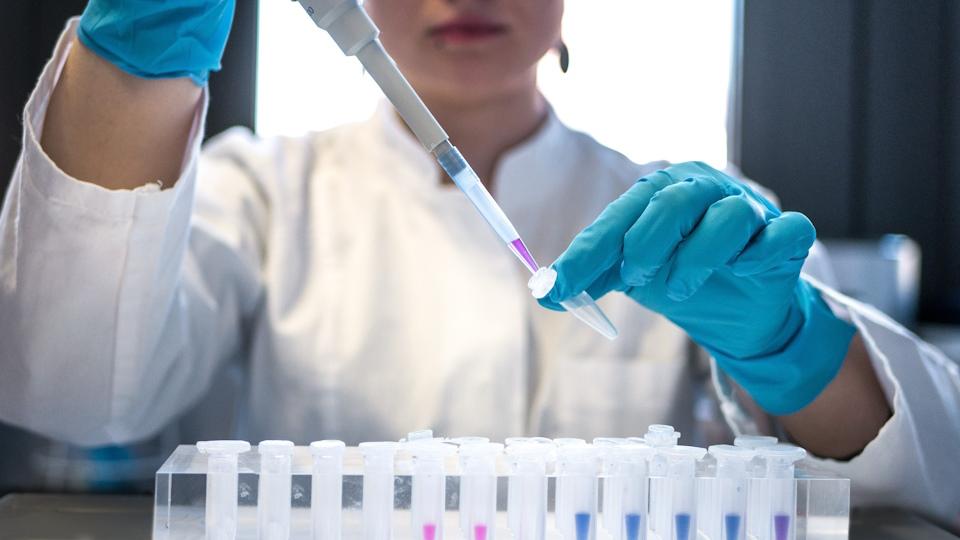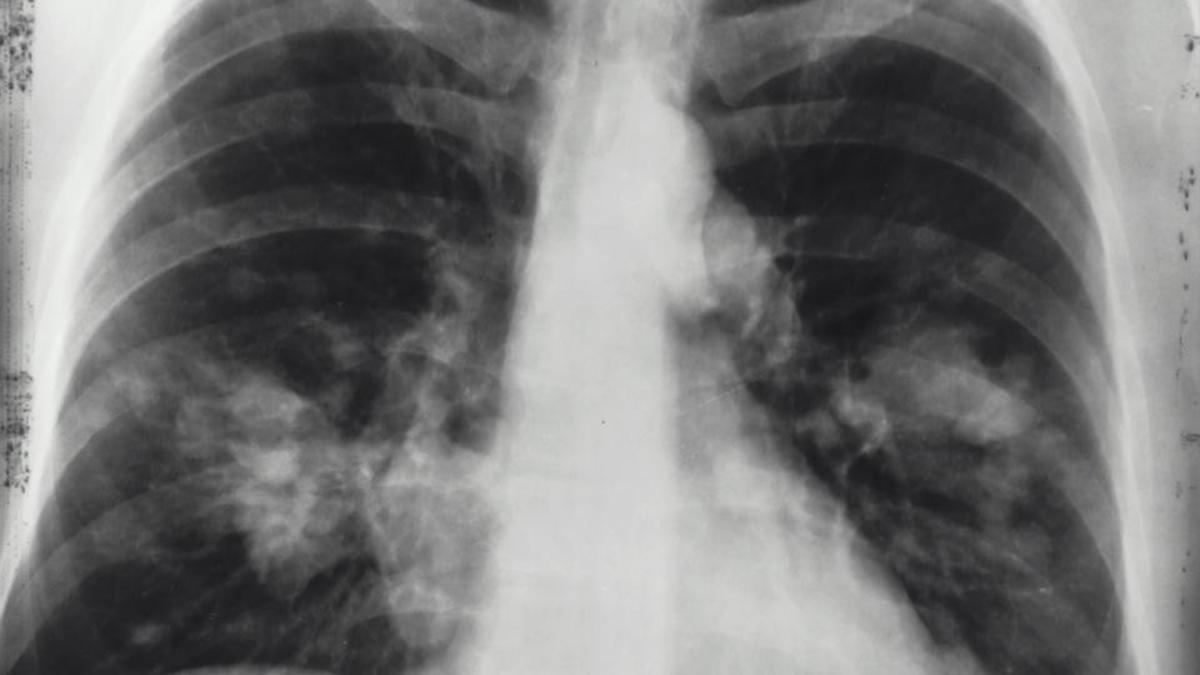CRUK gives £58m funding for clinician scientist training

Cancer Research UK has announced a major initiative to train more doctors as clinician scientists that can contribute to research into new cancer treatments.
The charity is making a pot of more than £58 million ($73 million) available to universities across England and Scotland in order to “bridge the gap between scientific research carried out in laboratories and clinical research involving patients.”
That gap in so-called ‘translational’ research is one reason why the development of novel cancer therapies fails to keep pace with the rate of basic research discoveries.
Usually, doctors have to take time out of their medical training to undertake a PhD if they want to go down the clinician scientist route, but many don’t come back to research after completing their specialisation.
Pressures on the NHS mean that it is getting harder to carry out research, according to a 2023 CRUK survey in which 74% of clinical research staff reported that it had become harder to deliver research in a timely manner in the last 18 months.
The five-year tranche of funding is the latest in CRUK’s Clinical Academic Training Programme (CATP) and follows a £50.7 million investment awarded by the charity in 2019. A key objective of the new programme is to help improve the diversity of clinical research teams
“Clinician scientists have a very important role to play by bringing their knowledge and experience of treating people with cancer to scientific research,” said CRUK’s chief executive, Michelle Mitchell.
“We need all our doctors and scientists to be able to reach their full potential, no matter their background,” she added. “After the success of the first five years of this programme, we want to encourage even more clinicians to get involved in cancer research to help us get closer to a world where everybody lives longer, better lives free from the fear of cancer.”
The programme aims to provide flexible training alongside mentorship and networking opportunities to support clinicians who want to undertake cancer research, building a community across different academic institutions.
One aspect of the funding is to allow universities to offer combined Bachelor of Medicine-Doctor of Philosophy (MB-PhD) qualifications to early-career clinicians, allowing them to complete a PhD earlier, which, according to US data, can help to retain more women in clinical research roles.
Medical student Dr Nadin Hawwash transferred to a CRUK-funded MB-PhD course at the University of Manchester in 2020, completing a doctorate on a way of measuring obesity-related factors in individuals via ‘overweight years’, similar to how ‘pack-years’ is used to measure an individual smoker’s tobacco use. She completed her PhD in 2023 and is due to qualify as a doctor in 2025.
“The MB-PhD pathway to become a clinical scientist stood out for me, because it helps medical graduates to stay in research following undergraduate training,” she said. “I am thrilled that more aspiring researchers will be able to train as clinician scientists in Manchester and elsewhere, to contribute to cutting-edge cancer research projects that will ultimately benefit patients.”













